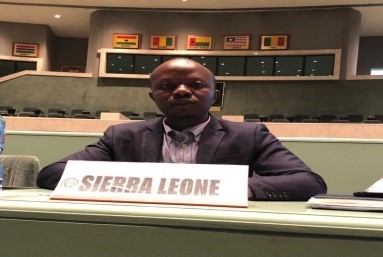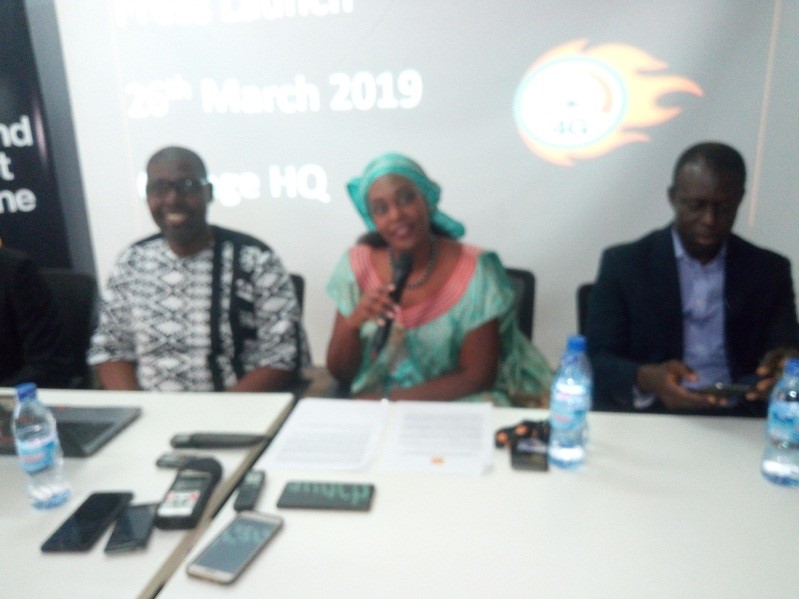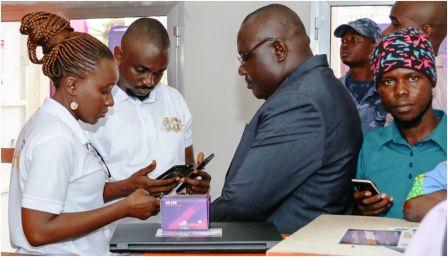World Bank, New Study on Support to ICT Sector
New Study Shows World Bank Group Made Notable Contributions in ICT Sector Reform and Private Investments, Identifies Several Opportunities
Washington D.C. – A new study released by the Independent Evaluation Group (IEG) of the World Bank Group (WBG) shows that the Bank Group was effective in promoting sector reforms for information and communication technologies (ICT) and in promoting access through private investments for mobile telephony in difficult environments. The study indicates that countries with WBG support for policy reform and investments have increased competition and access faster than countries without such support. IEG finds, however, that the Bank Group’s targeted efforts to increase access to the underserved beyond what was commercially attractive were largely unsuccessful. The World Bank also undertook a significant number of initiatives in ICT applications, such as e-government platforms, but the results in this area were modest.
The WBG has supported ICT through lending, policy advice, investments, advisory services, and political risk guarantees in the past decade, committing a total of $4.2 billion in assistance to the sector between fiscal years 2003 and 2010, of which about $2.9 billion was to the poorest countries. In this period, by volume of operations, most of the Bank Group funding in the ICT sector has focused on fostering private sector investment.
The unprecedented ICT revolution that has spread to the developing world over the past decade has shown the huge potential for ICT for development and economic growth. Harnessing this potential, however, depends on an enabling environment conducive to their production, diffusion and use. “ICT is an area where the Bank Group can continue to play a catalytic role, especially in ensuring access for the poorest, and encouraging the use of ICT in business, services, and government – areas where gaps still exist and the largest development impacts can be made,” said Vinod Thomas, Director-General, Evaluation at WBG.
The most notable contributions by the WBG in the ICT sector were in promoting sector reforms and in private investments for mobile telephony. The World Bank showed strong results in promoting sector reform, with the majority of operations helping to create more efficient and competitive sectors and enabling enhanced access to ICT services. The International Finance Corporation (IFC) – the private sector arm of WBG, achieved strong results in fostering private sector investment in mobile telecommunications through private investments, especially in poor and conflict-affected countries. For example, in Africa, the Caribbean, and the Pacific Islands, IFC played a significant role promoting access by backing originally unknown entrepreneurs in the telecommunications sector, some of whom subsequently became major mobile telephone operators. Similarly, projects by the Multilateral Investment Guarantee Agency (MIGA) reviewed by IEG helped improve access in difficult environments by mitigating associated political risks.
The study also finds that the both the World Bank’s and IFC’s effectiveness was limited in targeted efforts to increase access to the underserved beyond what was commercially attractive. In this area, general, non-targeted interventions focused on the enabling environment were more effective in increasing access for the poor and underserved. But positive examples of Bank Group support, such as projects in Chile and Pakistan, point to the potential of targeted approaches, including those carried out through public-private partnerships.
The report shows that ICT applications play a significant role in World Bank projects across different sectors, with 74 percent of WB projects featuring ICT components. The modest results in this area reflected high risks in the implementation of information technology projects in the public and private sectors and also shortcomings in WBG’s delivery mechanisms. ICT skills development, an emerging constraint to the diffusion of ICT and adoption of applications, also received little attention in operations.
IEG calls for important shifts in priorities for WBG support to the ICT sector to address the gaps identified in the report. First, noting the importance of reforms and an enabling environment for private investment in the sector, IEG recommends that the World Bank continues to focus on helping client countries to update regulatory frameworks and to preserve competition. Second, it proposes a selective role for the World Bank, IFC and MIGA in supporting private investments to help fill gaps in broadband and internet access, notably by supporting catalytic public-private partnership investments to accelerate the roll-out of regional and national backbone infrastructure, and by identifying and supporting effective approaches to promote access to the poorest. Third, building on the significant progress in basic connectivity, IEG recommends that the WBG increases its focus on ICT applications, including the development of required ICT skills.
The existence of a global mobile network presents enormous opportunities and challenges for the way the World Bank Group delivers its services. This, together with the growing importance of ICT applications for development impact, suggests the need to ensure that the World Bank Group’s organizational structure for ICT enables more effective interventions in this sector.
ICTreport-SierraLeoneExamples
ABOUT IEG:
The Independent Evaluation Group reports directly to the World Bank Group Boards of Executive Directors. Its evaluative findings are discussed by the Boards and IEG’s studies are carried out independently of Management.
Stay with Sierra Express Media, for your trusted place in news!
© 2011, https:. All rights reserved.






